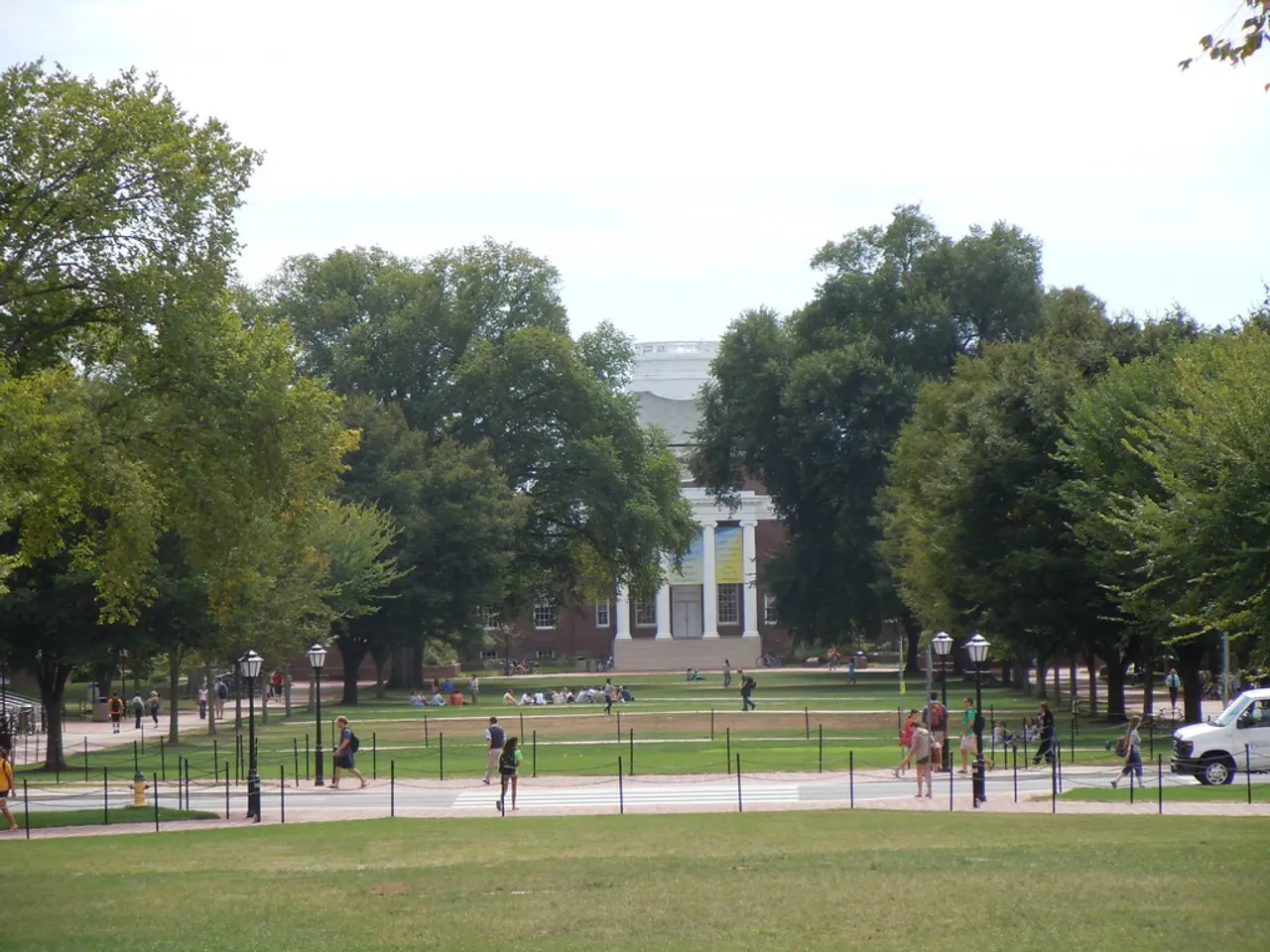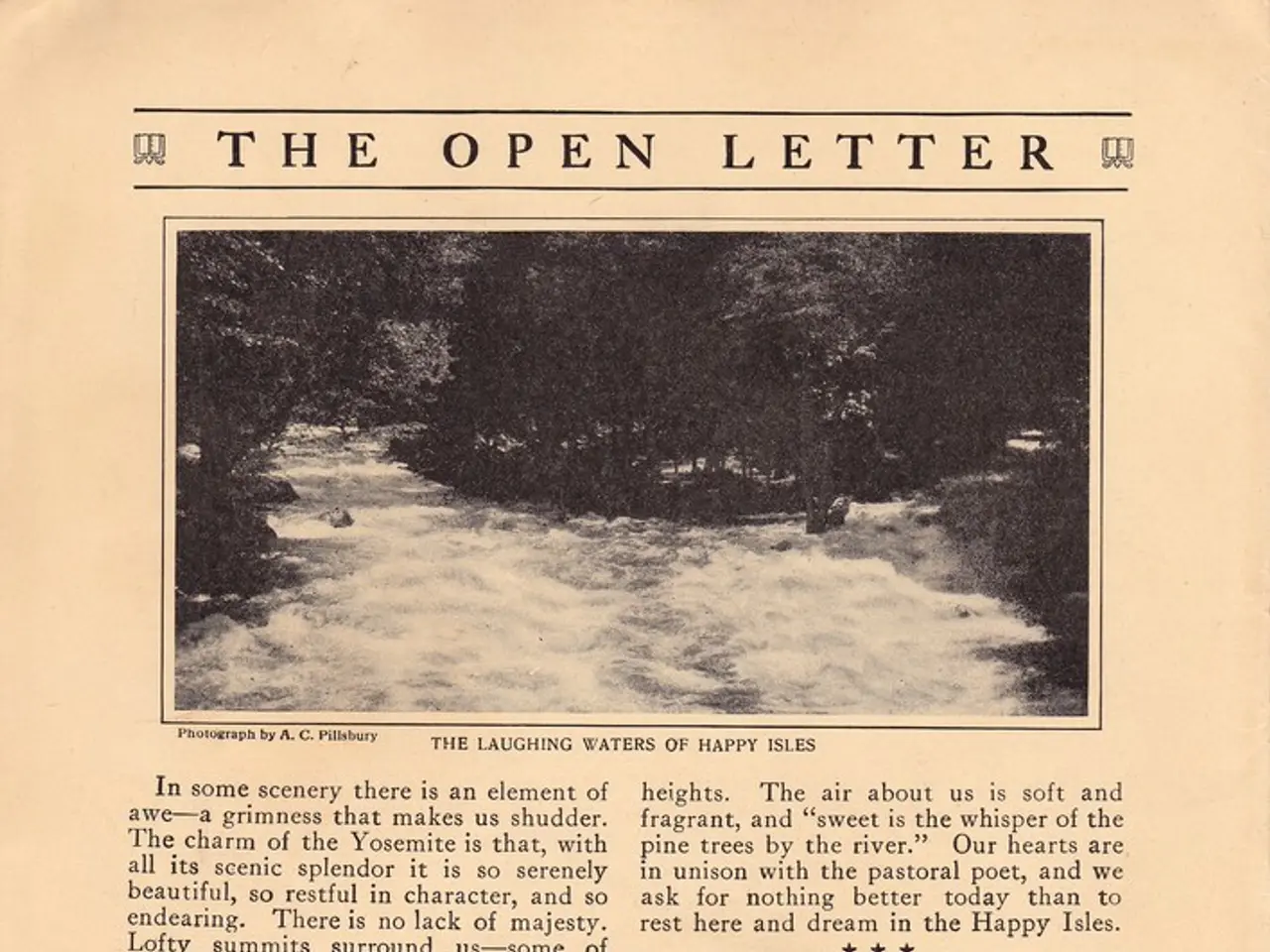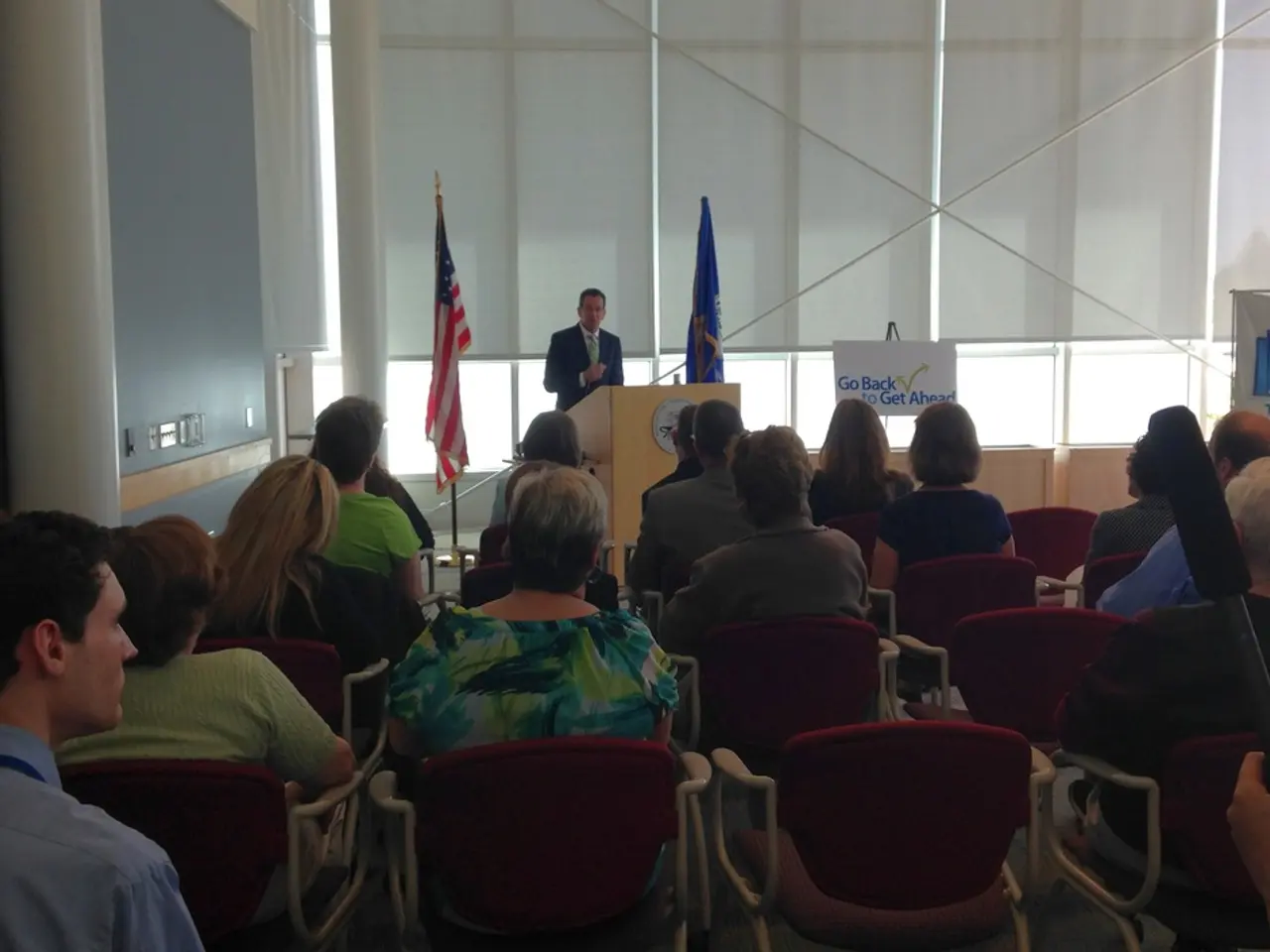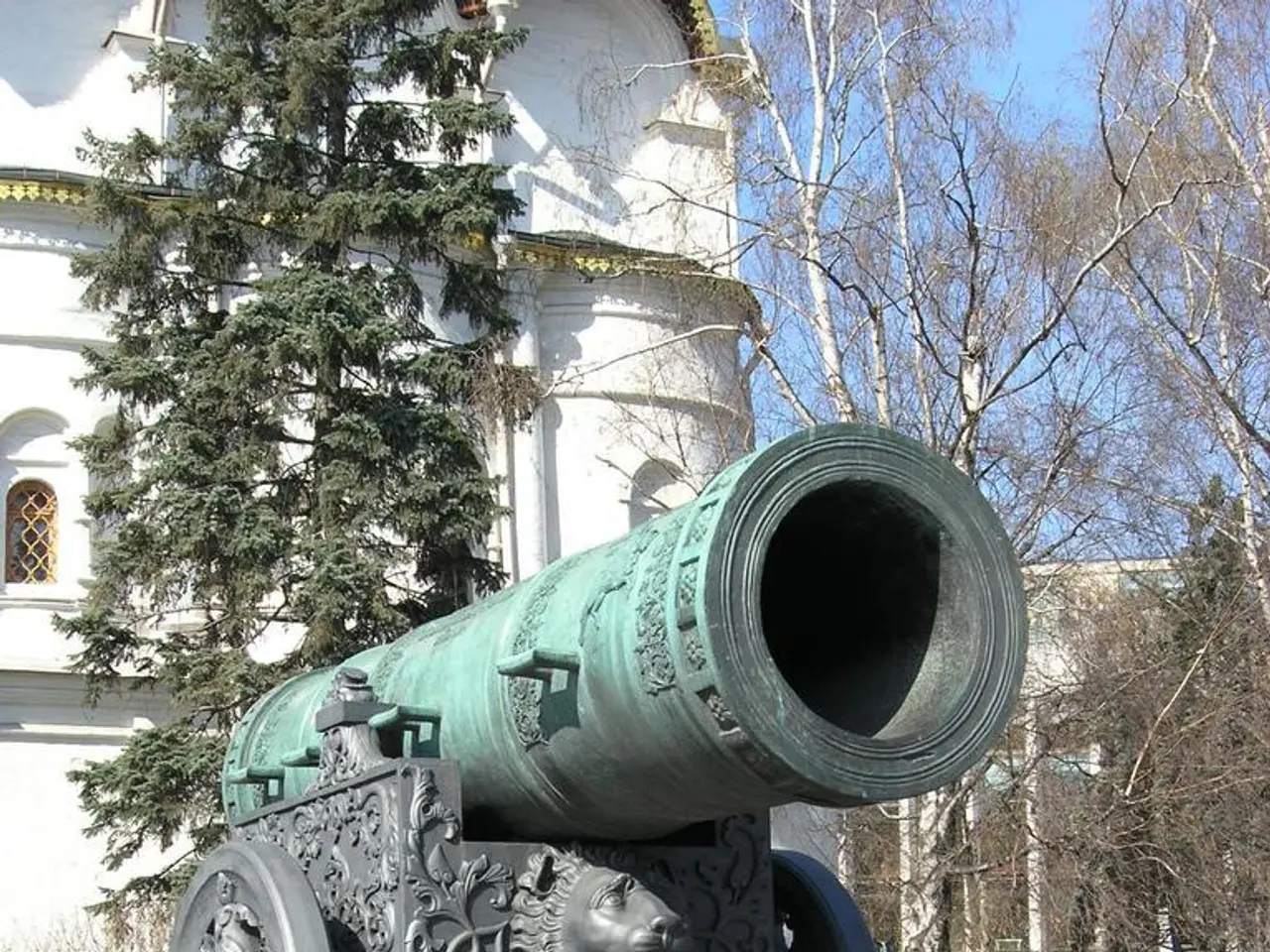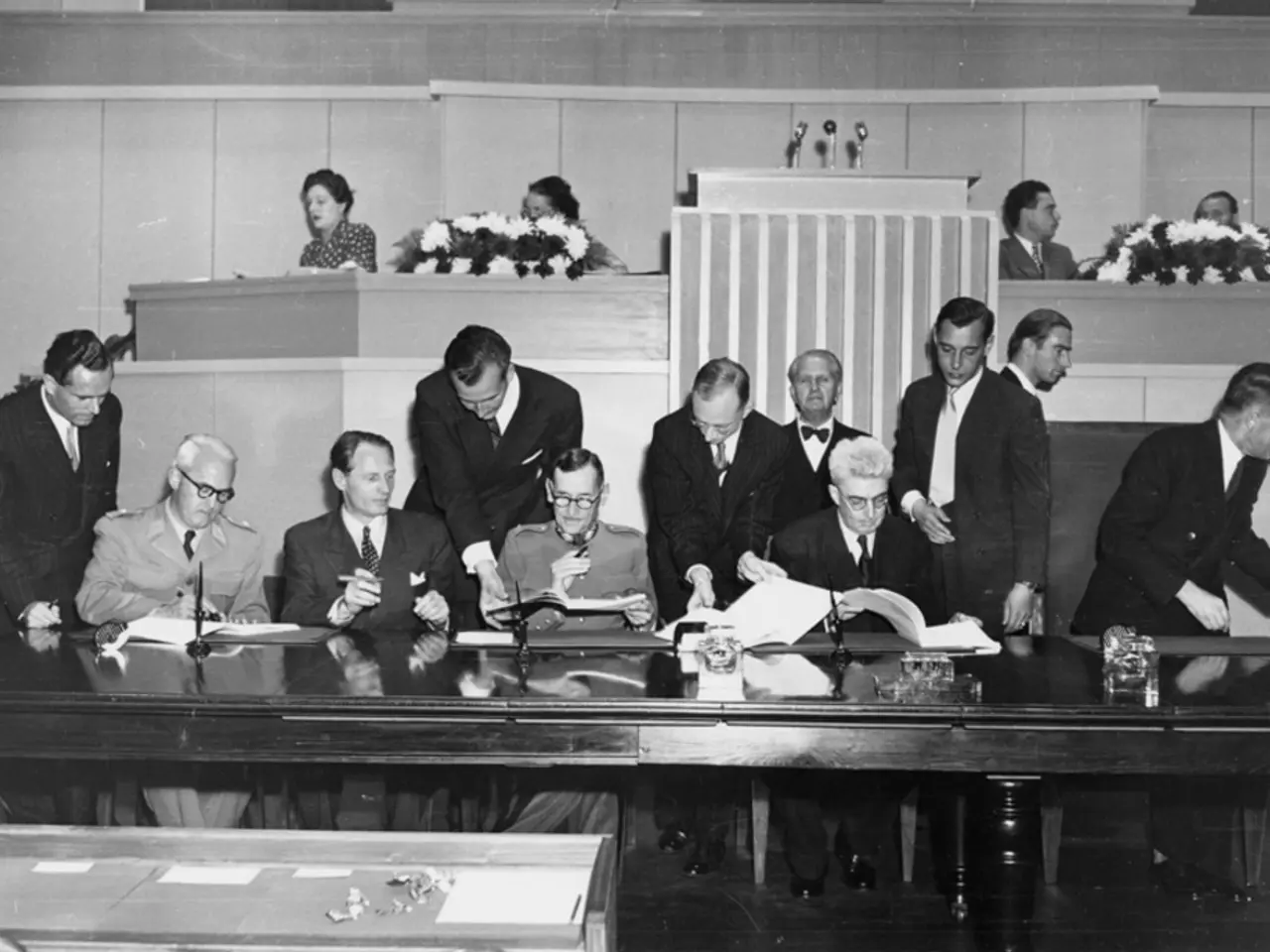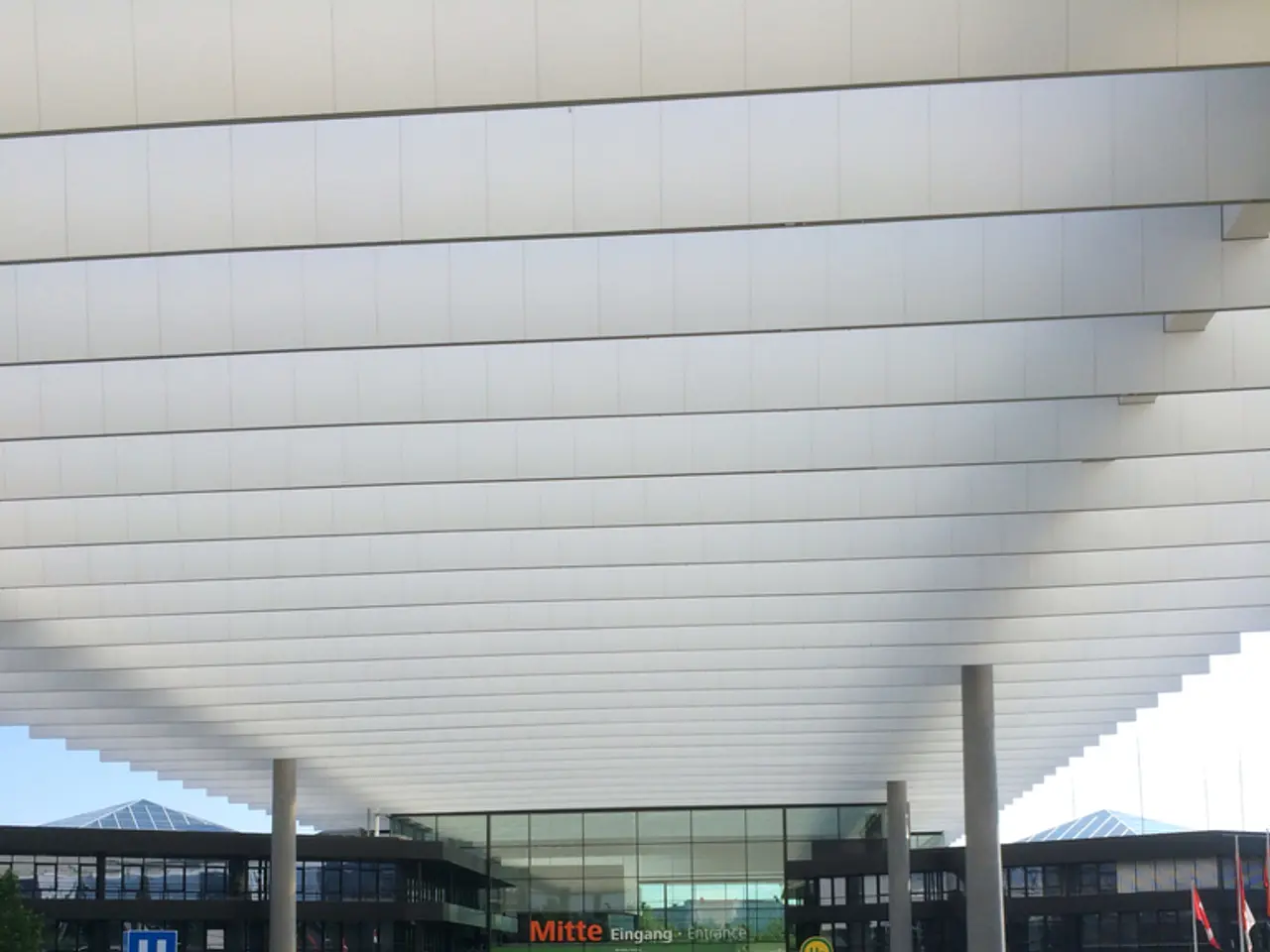Romania's president vetoes land transfer bill due to worries about erosion of national assets
The "King Michael I" University of Life Sciences in Timișoara is set to receive over 500 hectares of land following the approval of a contentious bill by the Constitutional Court of Romania. The bill, which was initially approved by the Court, has faced scrutiny and delays for over a year.
The bill, initiated by Liberal Party senator Sorin Cimpeanu, along with lawmakers from the Social Democratic Party, Save Romania Union, and the Alliance for the Union of Romanians, has been the subject of ongoing controversy and scrutiny. The university itself is currently under investigation by Romania's National Anticorruption Directorate (DNA), with three professors, including Mariana Moatăr, under investigation in a bribery case.
The approval of the bill was challenged by former President Klaus Iohannis on January 10, 2024, but the Court rejected his complaint on July 1. However, the current President, Nicusor Dan, has requested a reconsideration of the legislation, questioning the rationale behind transferring ownership to the university rather than granting administrative rights.
President Dan argues that the move represents "a significant diminution of the state's patrimony," especially given the large area and its potential for increased value. He emphasizes that the move could undermine the state's ability to manage its resources effectively and equitably.
The Constitutional Court of Romania, led by Marian Enache, has previously rejected similar legislative initiatives. Notable past rulings include no. 600/2005, 970/2007, 494/2013, and 574/2014. The substantiation of the normative act and the reason for the need to establish a property right for the "King Michael I" University of Life Sciences in Timișoara remains unclear.
The reexamination request was made by President Dan on July 23, the same day the Court's ruling in favor of the land transfer bill was reported by G4Media. The investigation of the "King Michael I" University of Life Sciences in Timișoara by Romania's National Anticorruption Directorate (DNA) started in June 2024.
The legislative reconsideration process is common in cases where concerns about the impact of laws on various stakeholders arise. The President's role often involves promoting legislation that supports educational institutions by securing resources necessary for their operations, such as land. The Constitutional Court plays a crucial role in ensuring that laws and government actions align with the constitution.
As the reconsideration process unfolds, the future of the "King Michael I" University of Life Sciences in Timișoara and its relationship with the Romanian state remain uncertain. The university's land transfer bill has sparked debate and raised questions about the balance between supporting educational institutions and preserving the state's resources.
- The ongoing controversy and scrutiny surrounding the 'policy-and-legislation' relating to the land transfer bill for the "King Michael I" University of Life Sciences in Timișoara has led to a request for reconsideration by President Dan, as concerns about its impact on the state's resources arise.
- Politics and general news in Romania have been focusing on the 'policy-and-legislation' involving the "King Michael I" University of Life Sciences in Timișoara, with the bill for land transfer sparking debates about balancing the support for educational institutions with the preservation of state resources.
